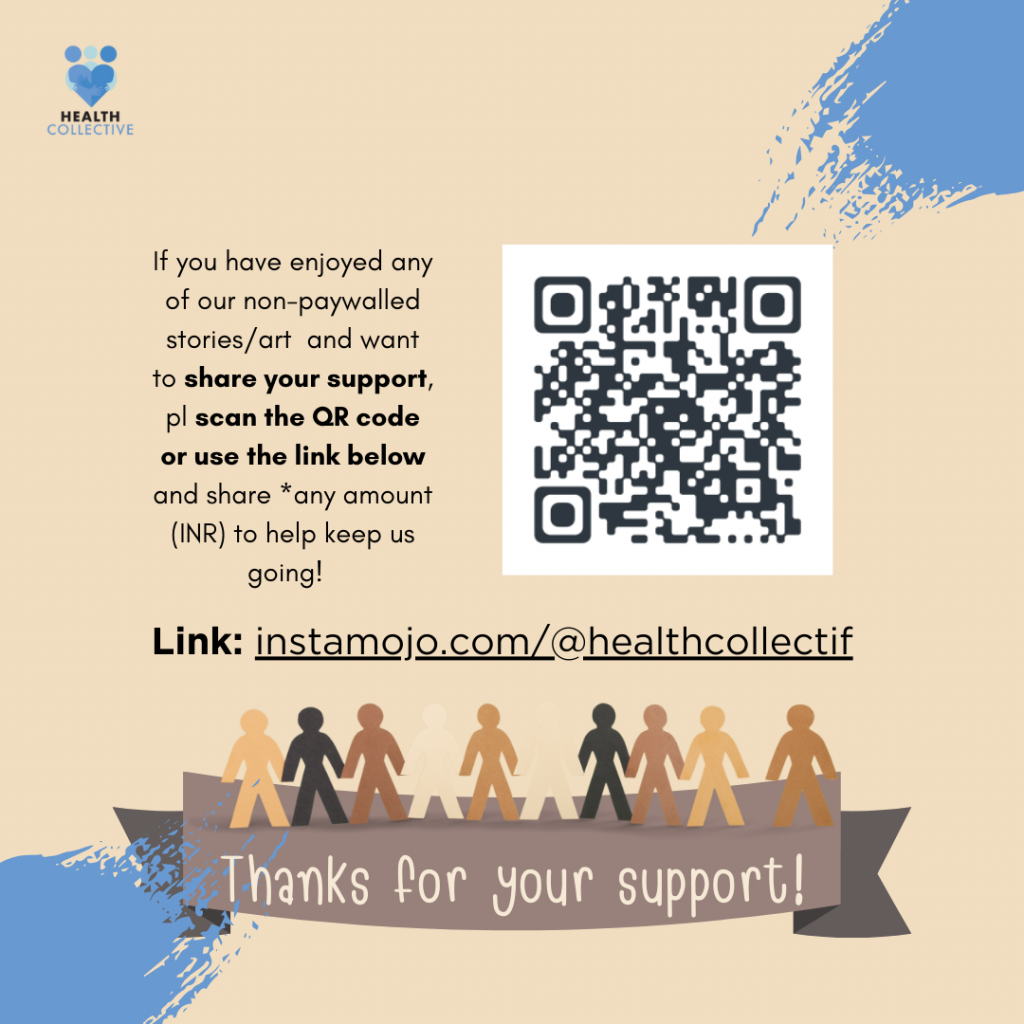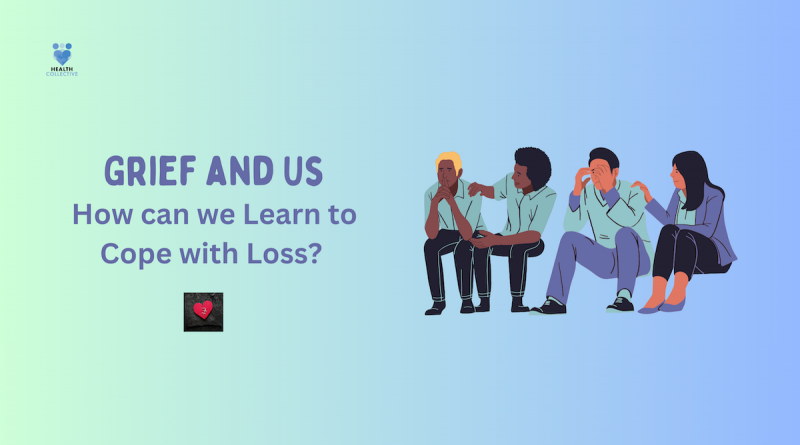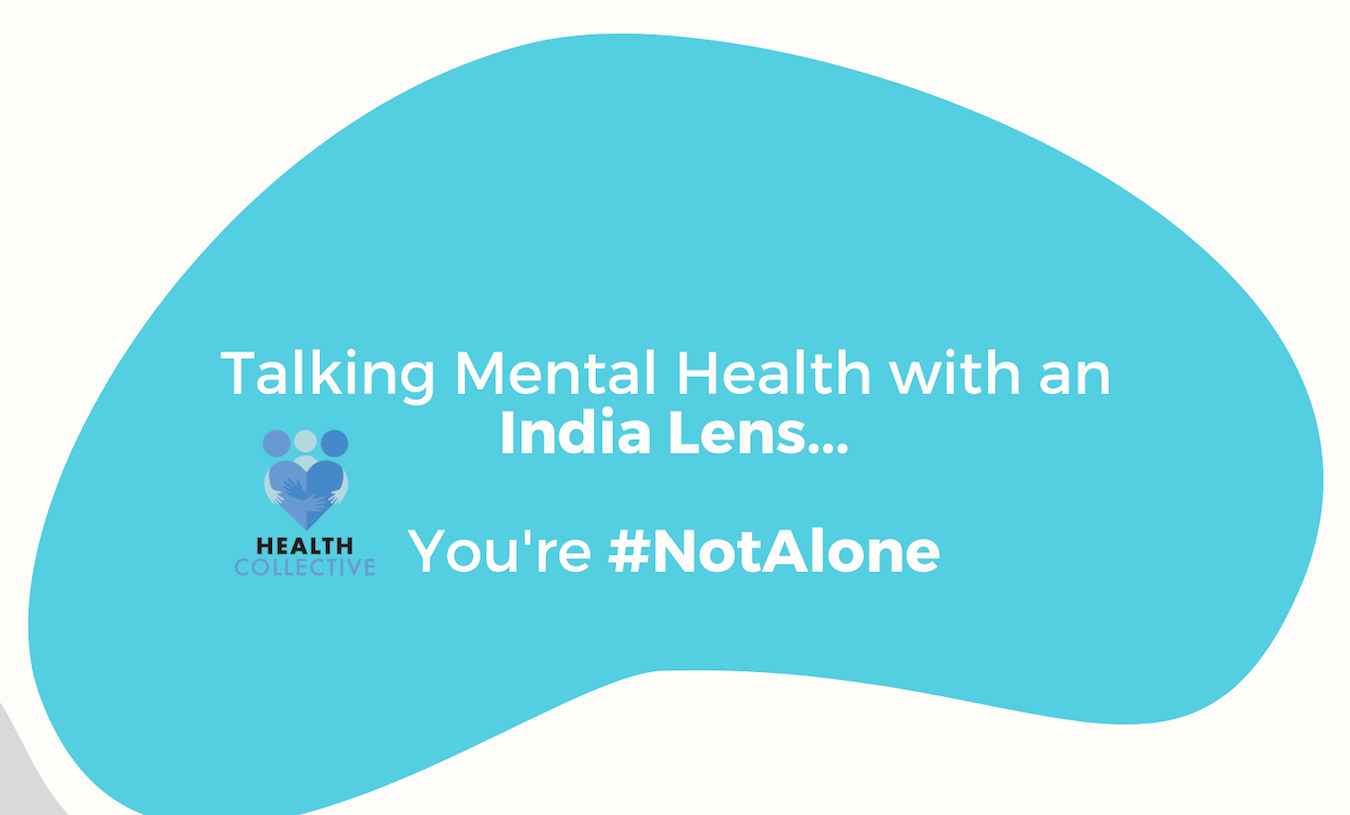Grief and Coping with Loss
Loss can make an appearance in the life of any individual at any time. There is no way to prepare yourself for it or a way to know exactly how you might react or respond to a situation such as this when it does emerge. It impacts and affects in ways that can be difficult to predict and in the throes of strong emotions that the process of losing someone can leave you with, it can be rather challenging to determine how to cope, reoccupy spaces that you previously existed in and in needed even rebuild and restructure things for yourself.
There is no one way to experience loss.
In the environment we live in today, comparisons happen in almost every setting. Even when you might have lost someone in your life, you may find yourself wondering about how another might have experienced the same or similar loss. In that too, there is a comparison that can emerge which can lead you to wonder about whether your way of experiencing and responding to the loss is okay or not.
There is no one way in which a person can experience loss in their lives. People can have varied thoughts and emotions associated with it. It doesn’t make one person right and the others wrong. These are just multiple, distinctive ways in which loss happens and affects people.
- They can feel saddened or even numb.
- It can make them angry and leave them with thoughts of how unfair things are and how they have to endure cycles of hardship.
- Some may feel nothing for quite a while and then suddenly find that they are experiencing an upsurge of thoughts and emotions that are challenging to manage.
- Yet others may find themselves triggered by the smallest of things and stuck in cycles of breaking down and struggling to self-soothe when they do break down.
There is no one way to cope
Coping can vary for different people and it is a process that can be rather distinct in the way it occurs. The rituals that exist do facilitate grieving for the loss and coping with it. The presence of significant others and the coming together of support from within the surrounding community is helpful in aiding the grieving and coping with the loss.
Some people may find themselves moving away from their sense of loss in a short duration and others may take a much longer time to be able to respond to that sense of loss. For many individuals the initial focus is likely to be on processing and managing the emotions that are evoked in the situations that are encountered for a while. Others often have to look at solving for associated situations and problems that emerge on account of the loss, which pushes them to engage in a more solution-driven manner of coping.
Regardless of what might be the process for a person, there is no one way to cope with and grieve for the loss that one is experiencing.
Understand the cycle of grief
As people go through the cycle of grieving there are numerous different emotional responses that they are likely to experience till they get to a full acceptance of the loss of the person. Often individuals go through a stage of initial denial where they are unable to accept that the situation that they are confronted with has in fact occurred. They may understand from a logical standpoint and see the absence of the other. However, their emotional self may struggle to accept that the other is no longer there. This can often be followed by an experience of anger and hostility towards the situation that they are finding themselves in. This anger can be towards the person lost, others around, situations that existed or the universe in general.
Subsequent to the stages of denial and anger, individuals may want to negotiate and find a way to bring back the person who has been lost. Questions and thoughts about how if things were done differently or could now be done differently may abound. This is often followed by a strong sense of low or depression where there is a sinking realization of the finality of the loss. Having gone through these varying emotions and stages, sometimes even in a repeated cycle, an individual reaches acceptance of the loss of the other.
There is no specific time frame that is outlined for how long this processing can take or the number of such cycles a person may go through to be able to reach an acceptance of the loss.
Taking small steps towards coping is important
Coping with the loss of someone in your life can be facilitated by taking small steps toward normalising your routines. Simple tasks can be seemingly difficult when experiencing grief. Restoring the completion of these simple tasks is often an effective first step towards normalization. It can take effort to do the same, however, engaging in this process is a must.
This process can be aided by receiving support from others around. There are no specific things that must absolutely be done, except for the essentials relating to hygiene and self-care. The rest of what should be engaged in needs to be determined on the basis of the individuals specific situations. Concurrently, it is imperative to keep adding more tasks slowly to the routines that have been initiated even if this is done more like a chore to start with.
Support matters
A factor that plays a crucial role in facilitating coping with loss is the presence of support. The manner in which the support system needs to come together and what aspects it needs to facilitate in the life of the person who is going through the process of grieving, is contingent upon the individual and their needs.
A person may need the support system to aid in the process of taking care of practical concerns and contingencies. They may not seek to confide in others and may want to keep their grieving more personal. Others may feel more supported if they can share the thoughts and associated feelings with people around them. Regardless of the approach that a person follows, it’s important that their needs be respected and value accorded to what they require.
Read more by Kamna Chhibber here





